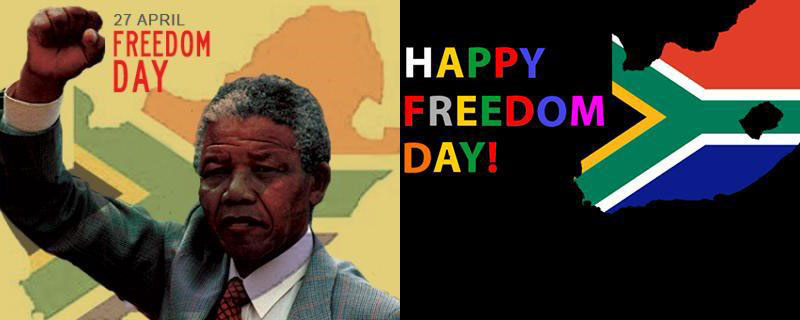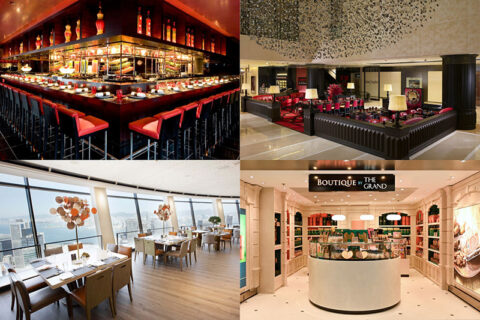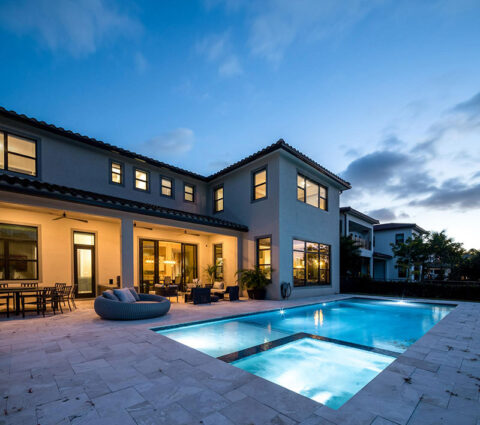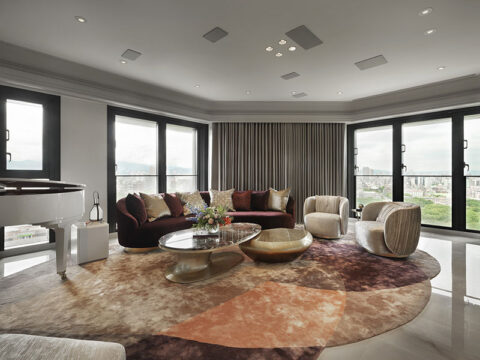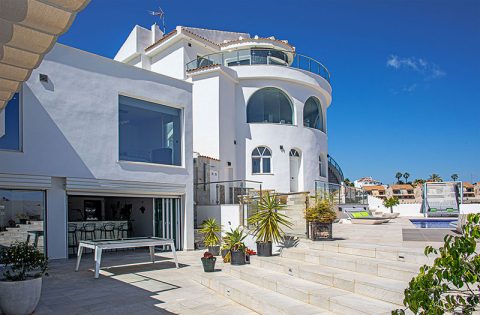Who can forget the most triumphant moment in 350 years of South African history when President Nelson Rolihlahla Mandela stood ready to cast his ballot in the first democratic elections in post-Apartheid South Africa? It was a surreal moment as he joined throngs of first time voters standing for hours and in some places extended hours patiently waiting in long queues snaking around the polling stations across the length and breadth of the country. In that moment we forged something uniquely South Africa and we would do well to do some soul-searching to find true north again.
If the doomsayers and the opposition parties had their way, we would believe South Africa to be the worst place under the sun. Except they’re all still here and enjoying the freedom, liberty and dignity accorded to them by undoubtedly one of the finest constitutions in the world. Let us not forget about the rugby, shisanyama, sunny-skies and amagusheshe in a corner car wash. We are a strange bunch South Africans, proud of our country but given to bouts of self-deprecation mostly spurned by petty-political allegiances driven by class interest. It’s time we put South Africa first and as President Mandela painted the vision of the rainbow nation premised on a commitment to nation-building, national reconciliation and social cohesion, so too must we craft a compelling vision to guide us through the next 25 years.
As we contemplate the next year, decade or quarter century of democracy, what kind of South Africa do we want our children to inherit? Well, if we examine the party political manifestos of this upcoming election it’s clear that corruption looms large on the horizon, followed by service delivery and concerns about safety and security especially of the most vulnerable in our society. With South Africa still ranking tops in the global poverty and inequality stakes it’s manifestly clear that no compelling vision can be painted without reference to the grinding poverty and deepening inequality that we are confronted with as a nation.
When we look back on those early days of democracy and what our nascent government had inherited; we can begin to prepare the tapestry of what we can hold up as a guiding vision for the next 25 years. It wasn’t a picturesque scene by any stretch of the imagination. In fact, it’s almost horrific to tabulate. The reality is that back in 1994 we had a country ravaged by centuries of land alienation, plundering of mineral wealth, rampant corruption, pillage and trauma; a society teetering on the brink of civil war, an apartheid debt of 270 billion US dollars, a fiscus that was effectively bankrupt and unprecedented levels of poverty and inequality.
Fast forward to 25 years after democracy and the eve of the 6th National General Elections; Many random thoughts come to mind but I would suggest we deal with corruption in one single swoop despite its intricate dark webs of deceit. We should widen the corruption brief to include all the land grabs especially the R1 for 99 year farm leases, all companies that supported and benefitted from doing business with the Apartheid state and especially those who colluded with and benefitted from sanctions-busting in cahoots with Israel and Taiwan.
We should call for a special brief for corruption in the mining and minerals sector where centuries of plundering of the mineral wealth of this country has built the gold and diamond markets of Antwerp and Tel Aviv not to mention a plethora of other minerals that South Africa is blessed with. We need an economic CODESA of sorts that can level the playing fields and bring some perspective to the noise of the corruption tag.
Don’t get me wrong I don’t condone in the least any act of corruption and have no tolerance for anyone caught with their fingers in the till of state coffers. Their actions compromise the capacity of state to optimize resource mobilization for effective service delivery and fighting the social ills such as poverty, crime and under development. By widening the parameters of corruption I suspect the noise levels will die and the focus can shift to fighting poverty, inequality, unemployment, abuse and crime.
Over the past 25 years, we have built more than 6 million houses, and millions more have electricity and access to clean drinkable water. Sadly, much still needs to be done to extend this to deep rural communities. Today, children from poor communities have access to free education. In the past five years the number of HIV positive people on antiretroviral treatment has doubled while the overall rate of new infections is decreasing.
Today, over 17,5 million of our most vulnerable citizens receive social grants and more than 9 million school-children receive a free meal every day. Perhaps one of our most glorious achievements over the past 25 years is the extent to which we advanced the cause and rights of workers to organize, collectively bargain, refuse dangerous work, and to strike. A National Minimum Wage came into effect from January 2019, improving the lives of over six million workers.
Madiba’s guiding light was underpinned by the mantra of nation-building, national reconciliation and social cohesion. This is what got us this far but to traverse the path to 50 years of post-apartheid democracy will require that we transform the economy to serve all our people and break down the last vestiges of skewed rural-urban planning divide; it will require that we rapidly advance social transformation, it will require that we adopt a zero tolerance for corruption and deal with the historic vestiges of corruption that continues to distort current realities; it will require a radical change in the way the state interfaces with people and augmenting its capacity to respond to societal needs’ especially at local government level.
The task that President Mandela’s government set-out to do remains as yet incomplete. The many instances of racism that has reared its ugly head in recent times is symptomatic of that and we must build upon our success in the fight for gender equity and an end to all forms of discrimination. As we advance our efforts on the domestic front, we must likewise not forget that we are where we are because of that global network in the global anti-apartheid movement who stood for our freedom.
Today, we must not drop the baton and we must intensify our efforts for building a better Africa and a better world. The struggles for Palestine and Western Sahara are cases in point and will be the litmus test of whether we are holding on to what made us a truly great nation; that we live not just for ourselves but that we achieve greatness by living out the struggle for the greater good of others. Perhaps then, we shall see Madiba smile in a vote of confidence in us as a collective.
By Nkosi Zwelivelile
Royal House of Mandela
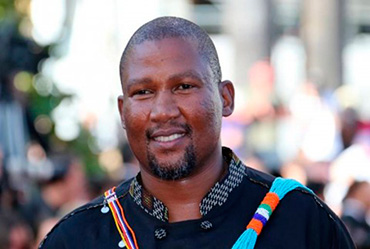
Nkosi Zwelivelile “Mandla” Mandela, chief of the Mvezo Traditional Council and grandson of famed South African President Nelson Mandela. Member of Parliament (MP) South Africa National Assembly. All articles by Nkosi Zwelivelile “Mandla” Mandela

